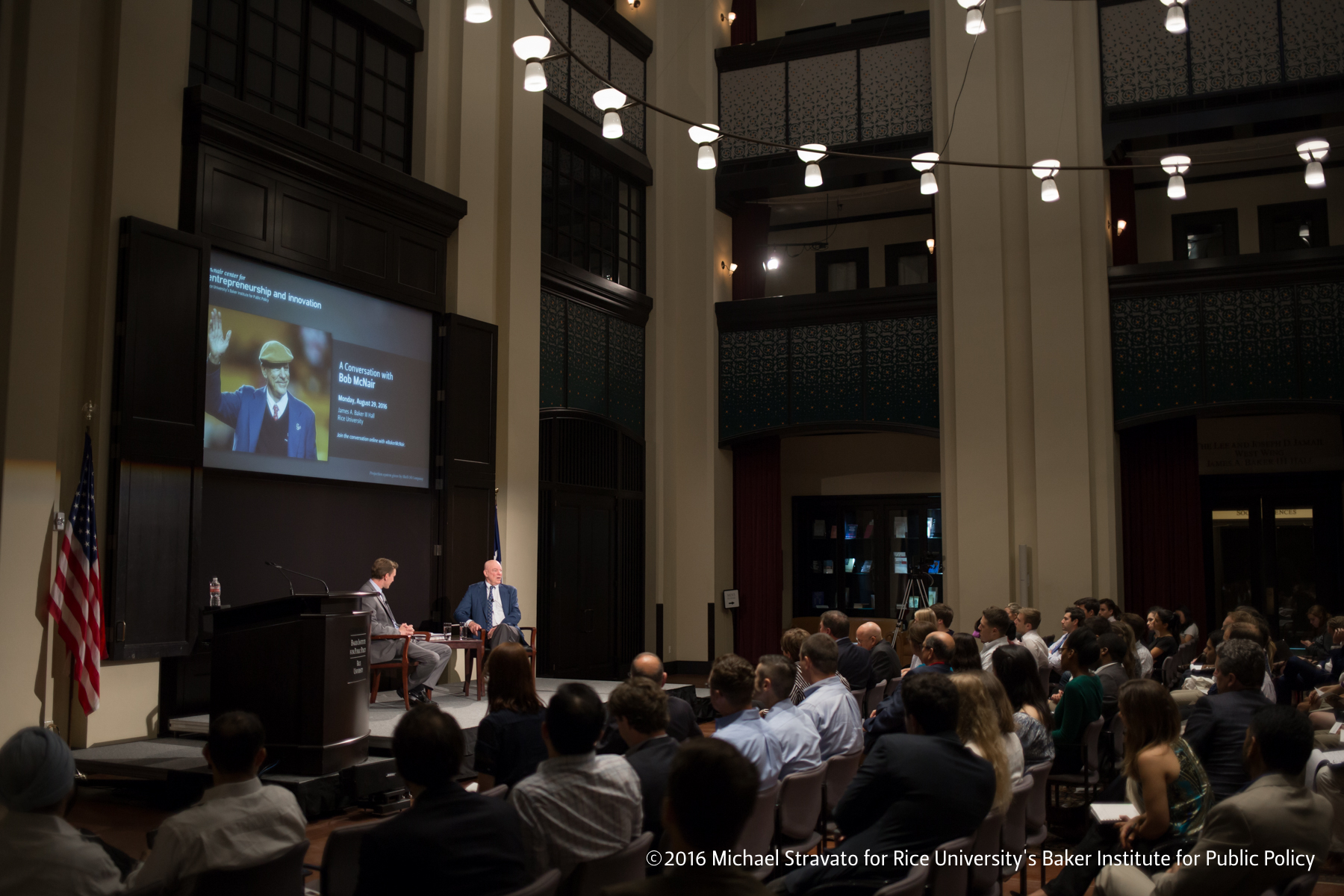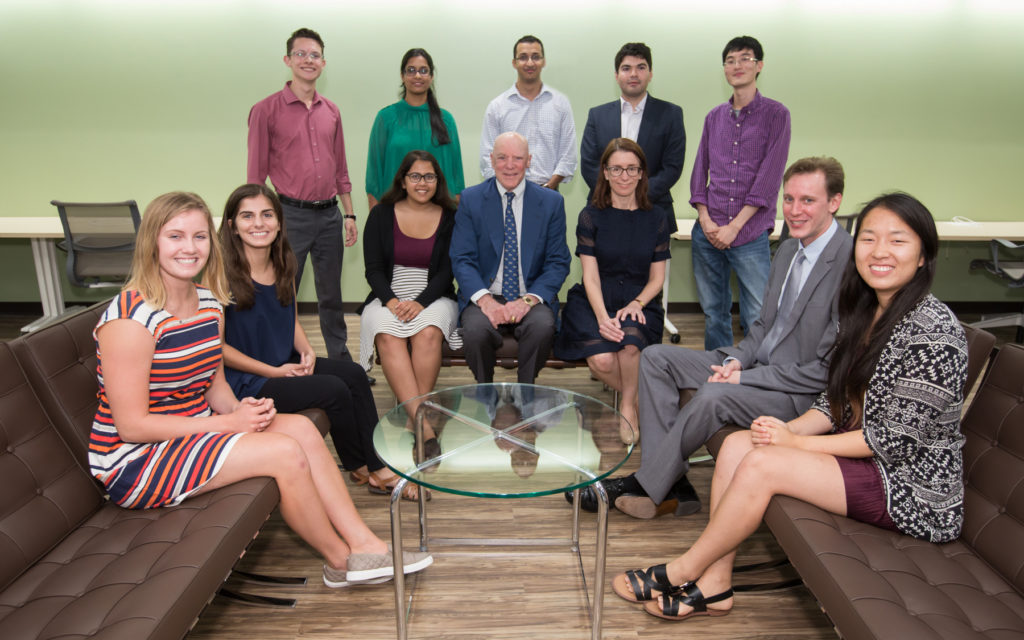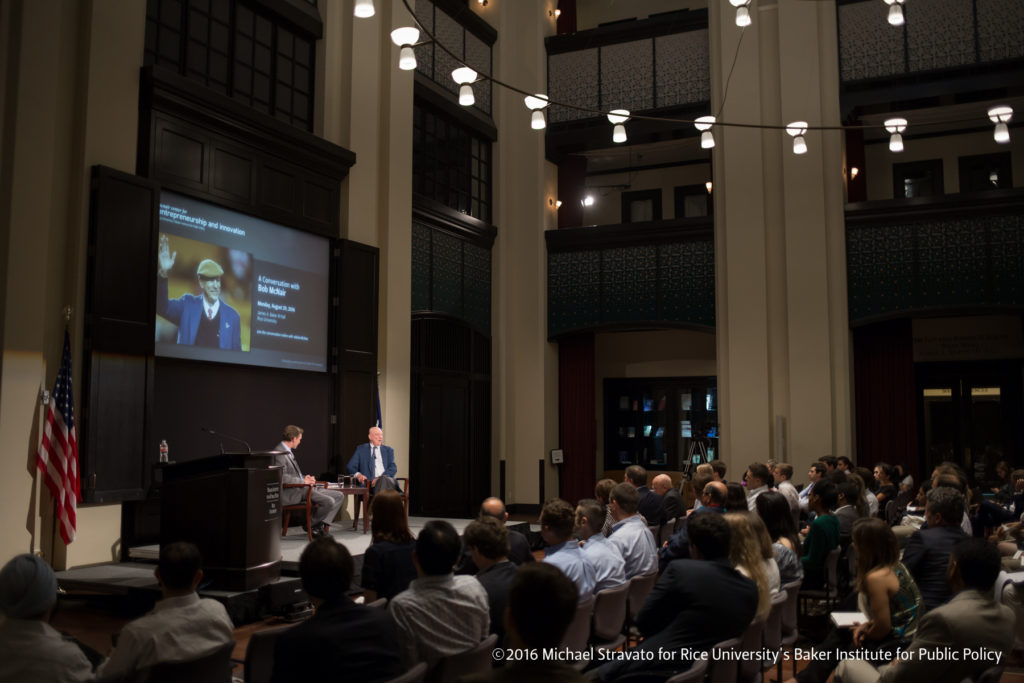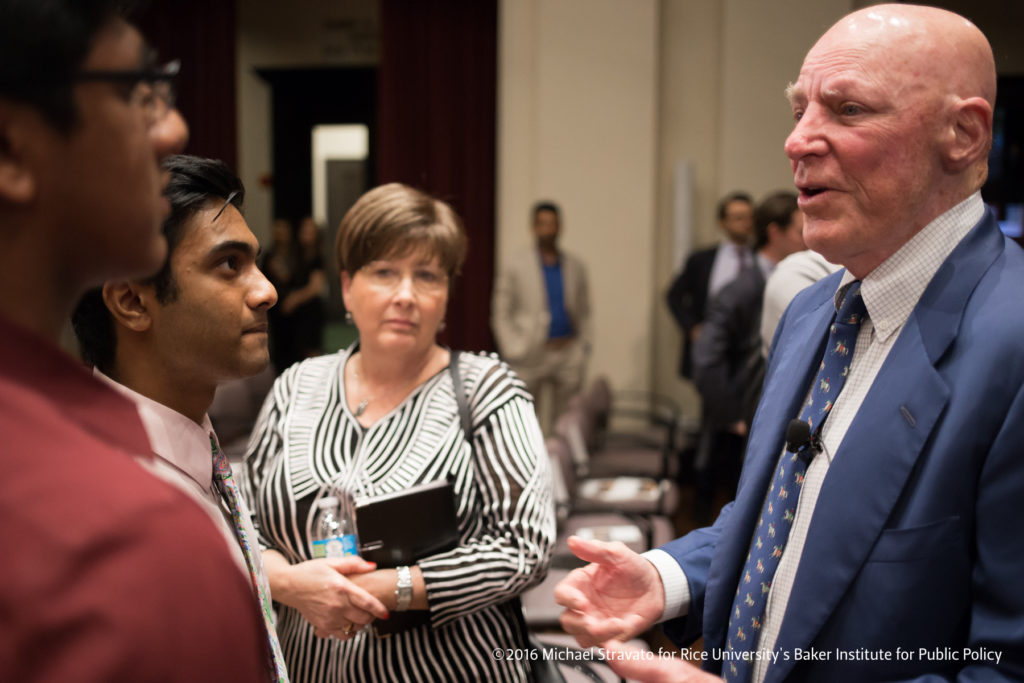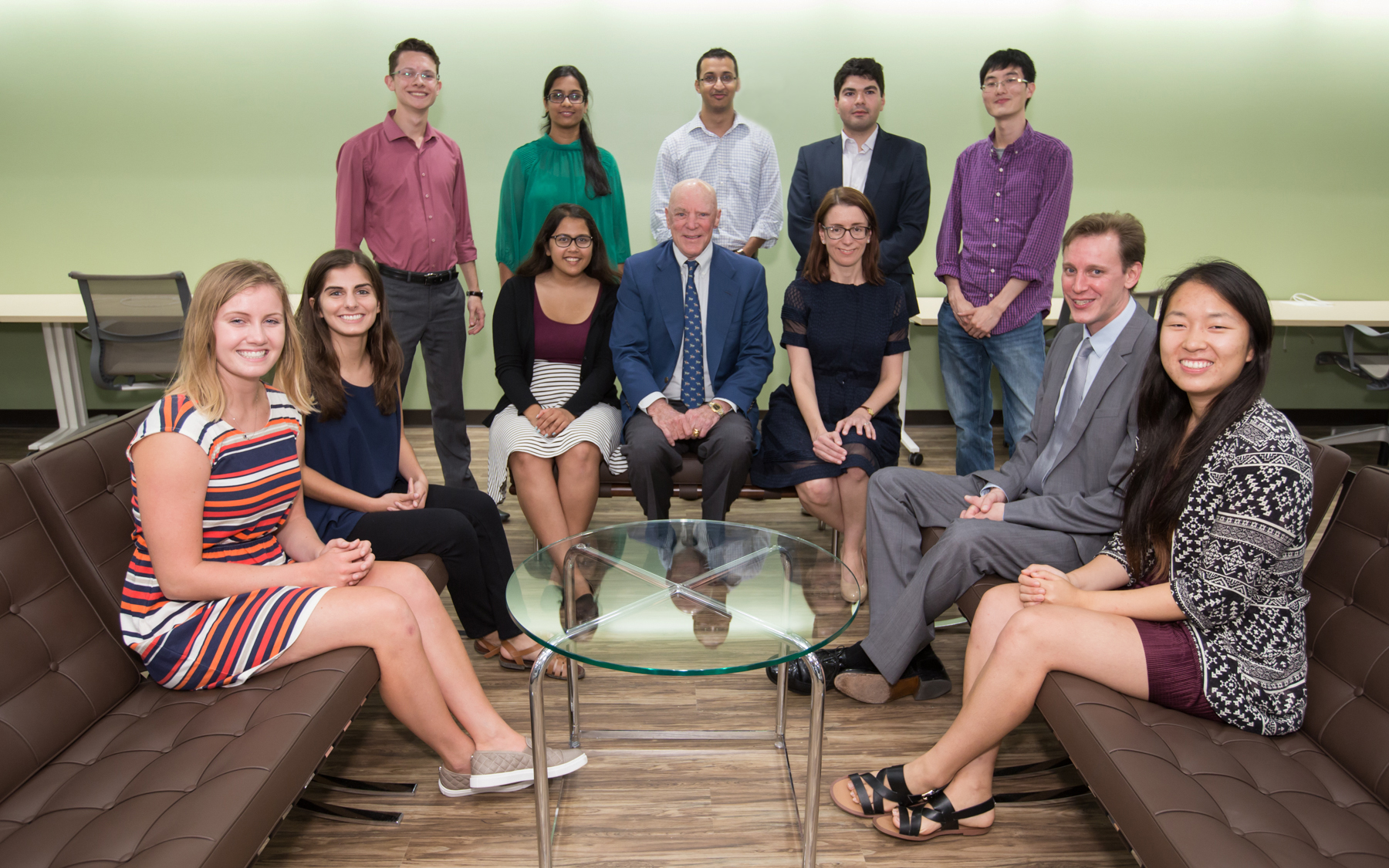Weekly Roundup is a McNair Center series compiling and summarizing the week’s most important Innovation and Entrepreneurship news.
Here is what you need to know about entrepreneurship this week:
Big Problems for Small Practices
Catherine Kirby, Research Assistant, McNair Center for Entrepreneurship and Innovation
Kirby examines the effects of the Affordable Care Act on entrepreneurship within health care. U.S. health care regulations currently hinder entrepreneurship among healthcare professionals, particularly for doctors seeking to establish private practices.
Kirby recommends that the U.S. implement policy changes that would better foster entrepreneurship among physicians. Measures like restructuring reimbursement rates and improving quality of care requirements would reduce the burdens that many private practices face and enable physicians to start small medical practices.
U.S. early stage investment holds up, late stage plunges
Joanna Glasner and Gené Teare, Contributors, CrunchBase
Venture capital investment slowed in the third quarter. Glasner and Teare write that estimates relying on end-of-quarter data may overstate declines in early stage investment.
Crunchbase compares its own projected funding totals with reported round count totals for the third quarter. Quarterly projected funds show bullish early stage investment. When factoring in projections, Crunchbase’s report for the third quarter finds that U.S. startups continue to enjoy high levels of strategic, seed and venture capital investment during seed and early stage rounds. However, there is a steep decline in late stage investment, with fewer companies raising late stage rounds and investors pouring less money into Series C and later rounds.
Startups get bought not sold
Ken Elefant, managing director at Intel Capital, PE Hub
Many entrepreneurs focus, sometimes shortsightedly, on the dream of reaching an IPO. As a result, start-ups often fail to develop important relationships with corporate investors. According to data from Dealogic, only five U.S.-based tech companies went public in the first eight months of 2016. To avoid going out of business or selling at a fire-sale price, Elefant recommends that entrepreneurs develop strong relationships with corporate investors early on so that a later search for an acquisition offer does not turn into a last-ditch attempt to save a sinking ship.
Corporate investors invest in companies for three reasons: to gain access to a technology, to break into other markets and to acquire. For start-ups, relationships with corporate investors offer viability and credibility. Additionally, these relationships provide development, support, feedback and access to corporate engagement and funds. For companies that might not be on track for an IPO, strong relationships with corporate investors can lay the groundwork for an acquisition.
‘Shark Tank for Students’ Re-Defines Entrepreneurship
Christopher Putvinski, SAPVoice, Forbes
Putvinski focuses on a new television series, The Social Innovation Series. This “Shark Tank or a Y Combinator for students” asks aspiring entrepreneurs to address problems in health or wellness in their own communities.
The show grants $1,000 to students with promising and innovative ideas and a grand prize of $10,000 and the title of “SAP Teen Innovator” to the student with the winning idea.
How Blind Hiring Can Make Your Company More Inclusive
Frida Polli, Mattermark
In an editorial for Mattermark, Polli writes on how diverse companies outperform their non-diverse counterparts. Increasing diversity among employees not only promotes a more fair and equitable workplace environment but also offers a high return on investment for companies. See the McKinsey & Company Report on how diversity improves company performance. Polli suggests that “blind auditioning” is a possible solution for the lack of diversity in companies’ workforces. Using advanced analytics and assessment technologies, companies can ensure predictability and eliminate bias in their pre-hiring assessments of applicants. According to Polli, “improving diversity isn’t just the right thing to do, it’s the smart thing to do.”
And in startup news…
Google buys eye-tracking VR firm Eyelock
Grant Gross, Senior Editor for IDG News Service
Eyefluence is a California-based startup focused on eye-interaction technologies in Virtual Reality (VR) and Augmented Reality (AR) headsets. Serial entrepreneurs Jim Marggraff and David Stiehr founded Eyefluence in 2013.
Google acquired the startup on Tuesday. The acquisition reflects Google’s growing interest in VR and AR technology. The deal further shows the growing potential of VR and AR for entrepreneurs interested in building successful tech startups.
Wavefront gathers $52 mil Series B
Iris Dorbian, Author, PE Hub
Another California-based tech-based startup, Wavefront, recently reported raising $52 billion in Series B funding. Investors include big names such as Sequoia Capital, Sutter Hill Ventures and Tenaya Capital.
Wavefront develops metrics monitoring services for cloud and modern application environments. Wavefront offers invaluable services to leaders in the software industry that rely on Cloud technology, such as Workday, Box, Lyft, Microsoft, Intuit and Groupon.


